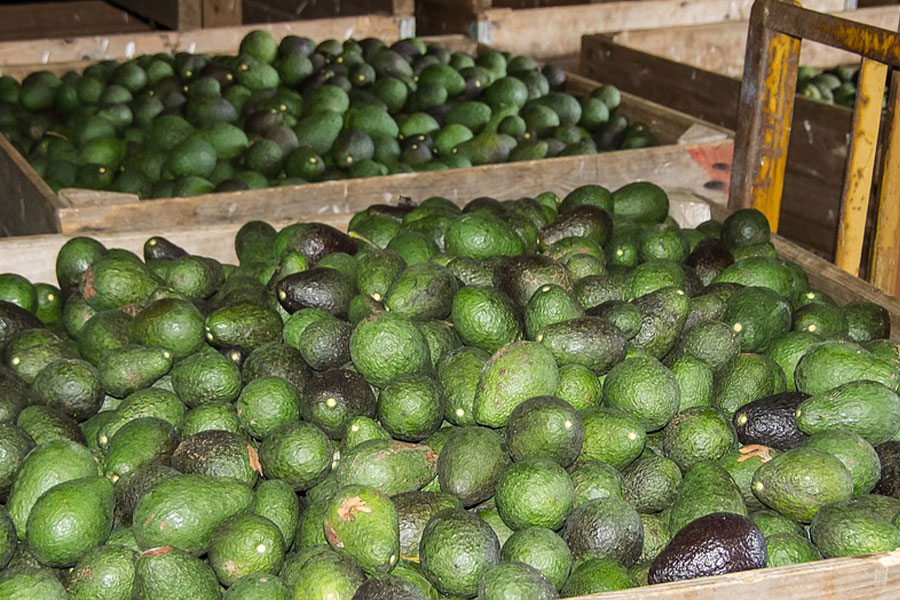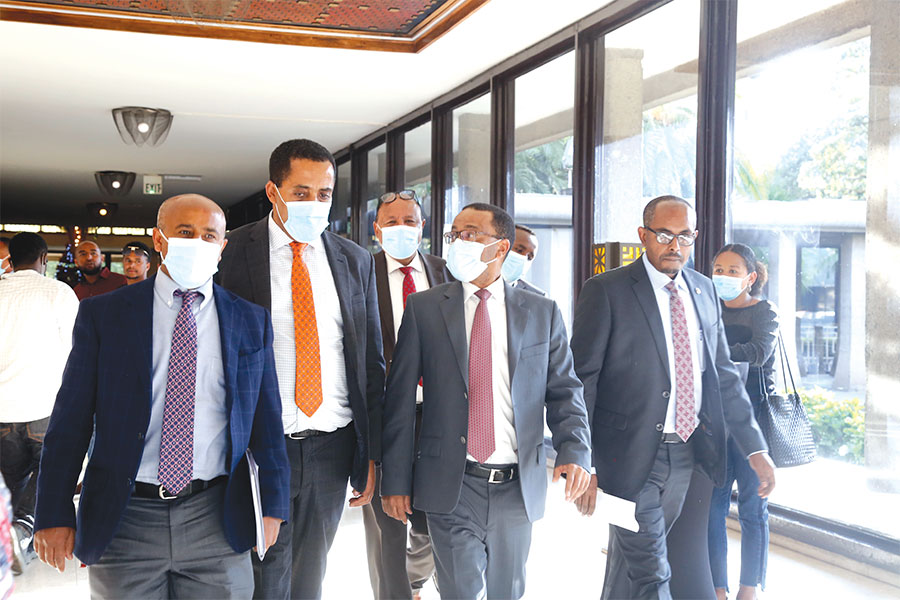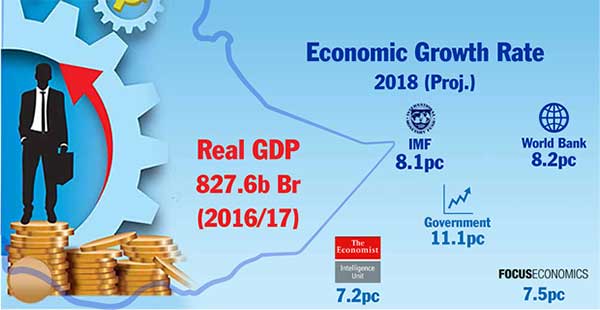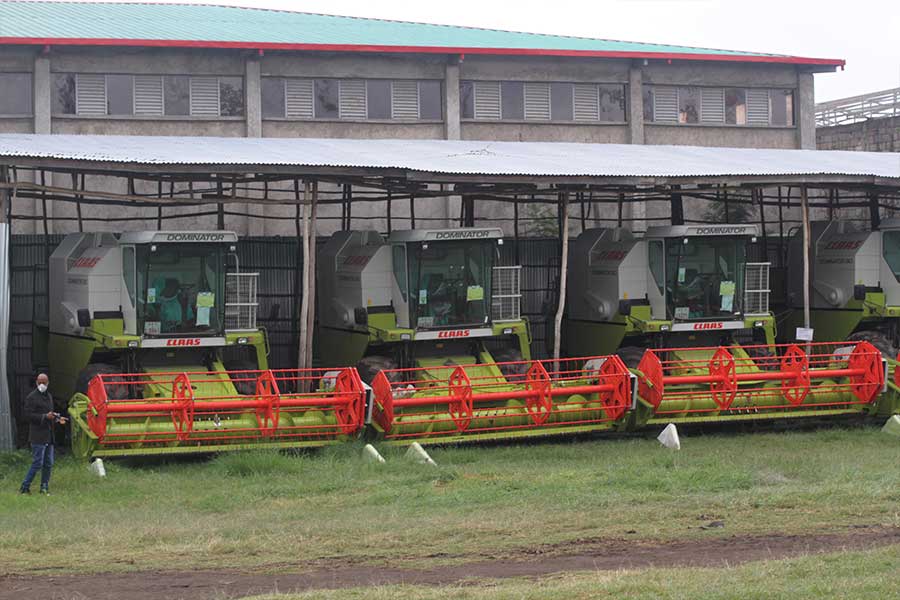
Radar | May 31,2020
Apr 30 , 2021
By Thomas Bundi
Last Monday marked World Intellectual Property Day. The theme this year was "Intellectual Property and Small & Medium Enterprises: Taking Your Ideas to Market."
Intellectual Property (IP) refers to assigning ownership for both physical and intangible creations and recognising such rights when it comes to the usage and exploitation of these works.
However, many creators, entrepreneurs and businesses in the developing world are yet to fully exploit the potential of IP either due to ignorance or lack of resources.
The registering and exploitation of IP hold immense economic potential and benefits. For instance, technology companies and start-ups in manufacturing, software and pharmaceuticals utilise registered patents to value their market capitalisation and access credit.
Generally, local small businesses may start by branding their products. Market and customer recognition can then be built by the registering of trademarks. These offer exclusive rights and create value as they can be commercially exploited through sale and licensing.
Design works and especially industrial designs are highly valuable in the manufacturing sector. With the coming into effect of the African Continental Free Trade Area (AfCTA), trade is expected to increase business opportunities among an estimated 1.2 billion people. IP holders will hold a distinct advantage because registered rights are protected by law.
Creative industries have a massive potential for the exploitation of IP. Countries like Korea have embraced IP as a key pillar for sustainable development. In a recent report by the Bank of Korea, in 2020, the country recorded a 160-million-dollar trade surplus from art and culture copyrights, including music and TV shows.
By registering and exploiting IP brands, the African music sub-sector is leading the way in illustrating how copyright recognition and enforcement are creating a viable industry and empowering thousands. The development of collective management organisations (CMOs) and digital platforms are helping individuals and companies along with the value chain benefit because of payments through royalties and licensing.
However, for intellectual property to truly benefit the majority, awareness and adoption by entrepreneurs is key. Small businesses should put IP at the core of their strategy. To aid in this, the World Intellectual Property Organization (WIPO) has developed an online tool for assessing business competitiveness through IP assets, thus helping stakeholders identify and create value. This comes in handy, especially for those looking to expand internationally.
In many African countries, agriculture is a key industry and, in most cases, the largest employer. The Union for the Protection of New Varieties of Plants (UPOV) system was set up to encourage the innovation of new plant varieties. Countries can then invest in developing crop varieties that are best suited for their regions.
County and regional development authorities can also use geographical indicators to build brands that identify and communicate their uniqueness. Adoption by co-operatives and groups can add immediate brand value to foodstuffs and offer differentiation.
Another way IP directly benefits communities is through the protection of contemporary expressions of traditional and cultural knowledge. These include unique designs of items such as handicrafts, musical instruments and fabrics.
A key challenge is the lack of adequate technical expertise to advise on the processes of securing IP rights.
As a matter of priority, universities and institutions should set up and implement intellectual property departments. These can act as development hubs and educational centres to serve the communities that surround them.
IP awareness among learners and entrepreneurs will better prepare business practitioners to build generational African industries that can rely on their IP assets to effectively compete globally.
However, the adoption and enforcement of progressive IP laws is crucial, especially when dealing with new technologies and combating counterfeits. Innovation without robust intellectual property safeguards is not sustainable.
PUBLISHED ON
Apr 30,2021 [ VOL
22 , NO
1096]


Radar | May 31,2020

Fortune News | May 11,2025

Fortune News | Dec 19,2021

Radar | Jul 29,2023

News Analysis | Jan 05,2020

Commentaries | Aug 22,2020

Viewpoints | May 18,2019

Featured | Aug 16,2020

Exclusive Interviews | Apr 19,2025

Fortune News | Dec 05,2020

Photo Gallery | 178374 Views | May 06,2019

Photo Gallery | 168574 Views | Apr 26,2019

Photo Gallery | 159366 Views | Oct 06,2021

My Opinion | 137069 Views | Aug 14,2021
Commentaries | Oct 25,2025

Dec 22 , 2024 . By TIZITA SHEWAFERAW
Charged with transforming colossal state-owned enterprises into modern and competitiv...

Aug 18 , 2024 . By AKSAH ITALO
Although predictable Yonas Zerihun's job in the ride-hailing service is not immune to...

Jul 28 , 2024 . By TIZITA SHEWAFERAW
Unhabitual, perhaps too many, Samuel Gebreyohannes, 38, used to occasionally enjoy a couple of beers at breakfast. However, he recently swit...

Jul 13 , 2024 . By AKSAH ITALO
Investors who rely on tractors, trucks, and field vehicles for commuting, transporting commodities, and f...

Oct 25 , 2025
The regulatory machinery is on overdrive. In only two years, no fewer than 35 new pro...

Oct 18 , 2025
The political establishment, notably the ruling party and its top brass, has become p...

Oct 11 , 2025
Ladislas Farago, a roving Associated Press (AP) correspondent, arrived in Ethiopia in...

Oct 4 , 2025
Eyob Tekalegn (PhD) had been in the Governor's chair for only weeks when, on Septembe...

Oct 25 , 2025 . By YITBAREK GETACHEW
Officials of the Addis Abeba's Education Bureau have embarked on an ambitious experim...

Oct 26 , 2025 . By YITBAREK GETACHEW
The federal government is making a landmark shift in its investment incentive regime...

Oct 29 , 2025 . By NAHOM AYELE
The National Bank of Ethiopia (NBE) is preparing to issue a directive that will funda...

Oct 26 , 2025 . By SURAFEL MULUGETA
A community of booksellers shadowing the Ethiopian National Theatre has been jolted b...